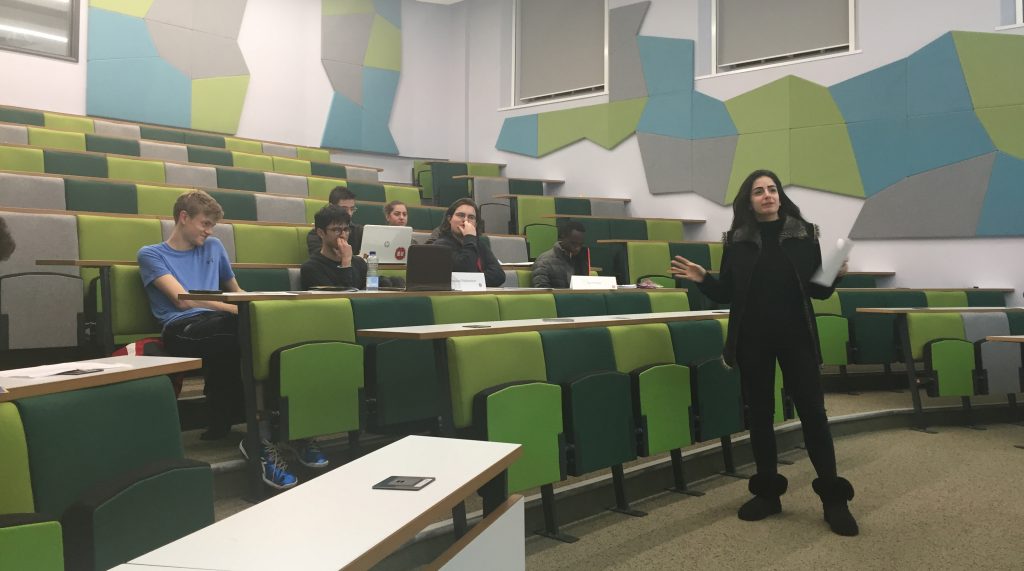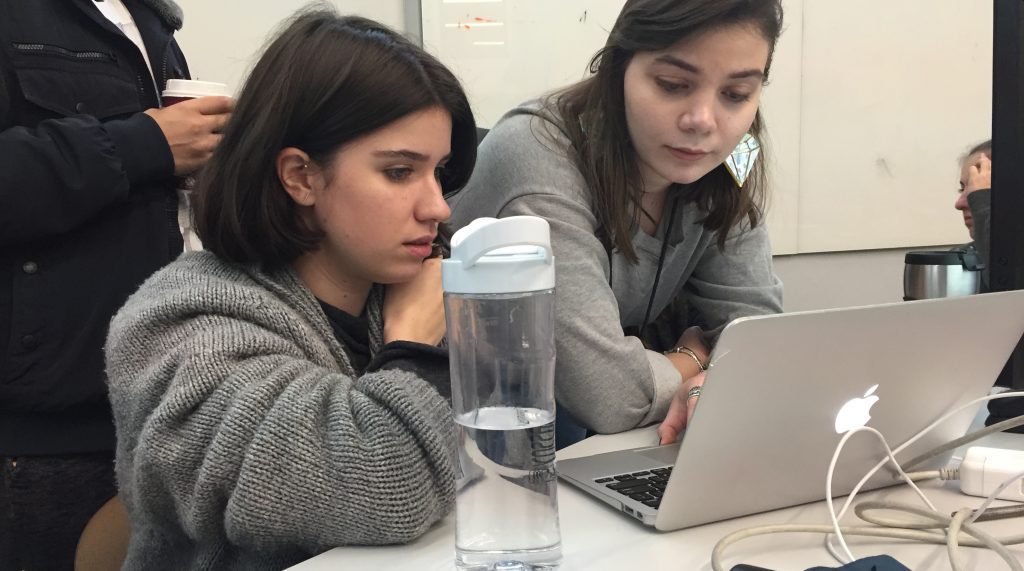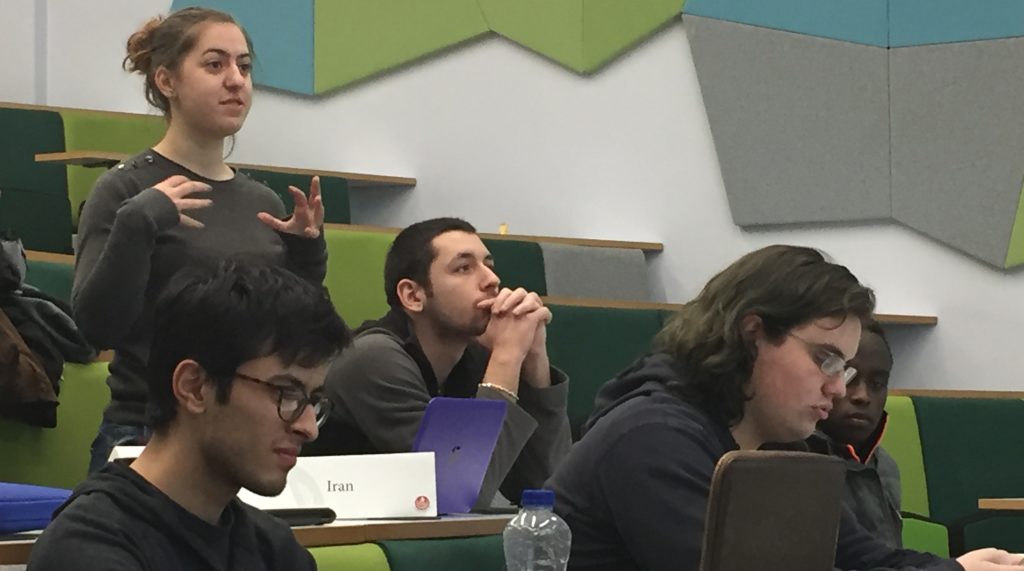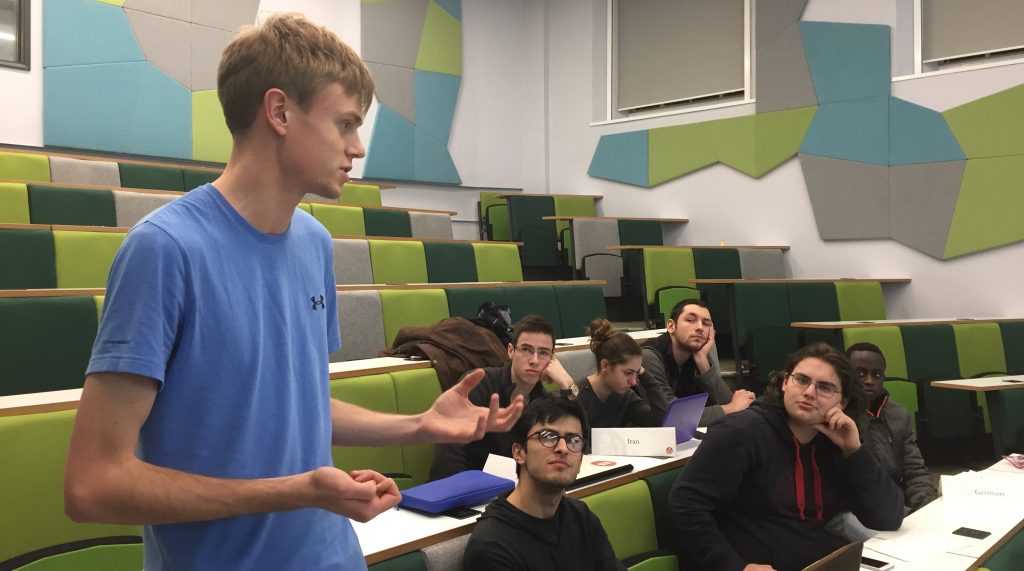As the Cardiff Model United Nations Conference enters into its third year, what can the future leaders of the world look forward to?

The Cardiff University International Model United Nations conference (CardiffMUN) is working to make the conference bigger and better. It is a recreational model competition where students take roles as ambassadors and learn about international relations, debates and taking a stand for issues. CardiffMUN has increased the number of committees from four to five, addressing the key issues that matter to the world.
Casandra Boruzescu, Secretary-General of the conference, says: “For the first time, we have a Crisis Committee – a dynamic scenario in which delegates have to address new threats and challenges as they emerge.”
The United Nations Society at Cardiff University serves as a platform for students from the University interested in Model UN, UN advocacy, charity, international relations education and everything else under the UN banner.
Boruzescu adds that the number of applicants has doubled in size since last year’s edition, which saw 50 participants from UK universities. “An attempt is being made to widen our community outreach. Part of this year’s delegate fees are being directed towards the Welsh Refugee Council, Welsh Hearts and Ty Hafan.”

Boruzescu explains the aim of this conference is to bring together students from all over the world and put them in the shoes of diplomats. “The objective is to provide them with insight into how international relations work, outside of the theoretical realm of books.”
She says the purpose is also to get the generation of future world leaders engaged in current world affairs. “The theme of this year’s edition is ‘From political to humanitarian — Managing modern crises’, which specifically intends to remind the privileged and powerful to also speak for the powerless.”
The Secretary-General reckons that participating in these conferences is rewarding in many ways for the participants. “Through their participation in the Model UN, students get to understand the intricacies of international policy-making, they are forced to abandon idealistic notions about how the world works and face the reality that consensus can rarely be reached unless it is in states’ interest.”

She explains that students get a first-hand experience of how treaties and resolutions are negotiated and drafted. “The participants are challenged to uphold the position of the country they are representing even when it does not align with their personal one. The learnings contribute to enhancing their leadership, public speaking, and negotiation skills, to name a few.”
Boruzescu says the experience earned in MUN helps develop a set of transferable skills valued by any employer: “Many MUN-ers are likely to end up working for the actual UN.”
Speaking about what attracts higher numbers of students, Boruzescu says: “Students usually participate because they are passionate about debating and interested in world affairs. They enjoy engaging with like-minded people and are eager to challenge themselves in trying to find solutions to the world’s most pressing issues. Moreover, MUN is always fun, especially when the topics on the agenda are controversial and the countries taking part in the debate have different positions.”

The registration for the delegate concludes on February 10, and the conference will be held between March 3 and 5 at the Cardiff University.
Twitter: @CardiffMUN #cometoCardiffMUN17 #maketheDIFFerence @cardiffmun2017.
Facebook: @UNSCardiff
